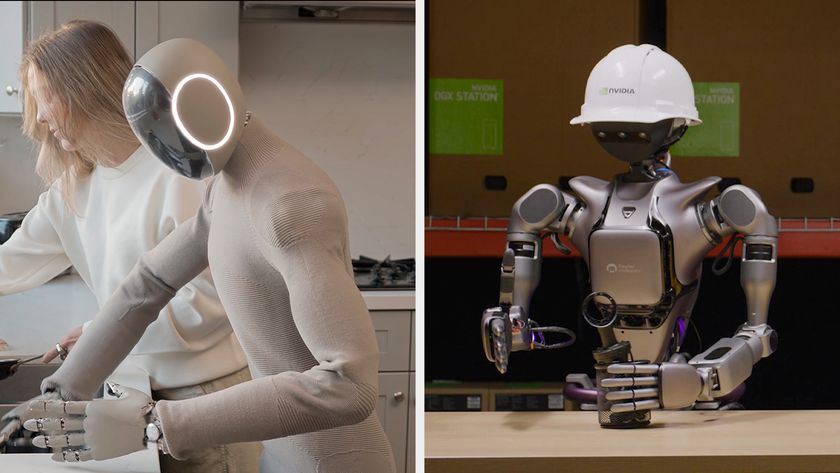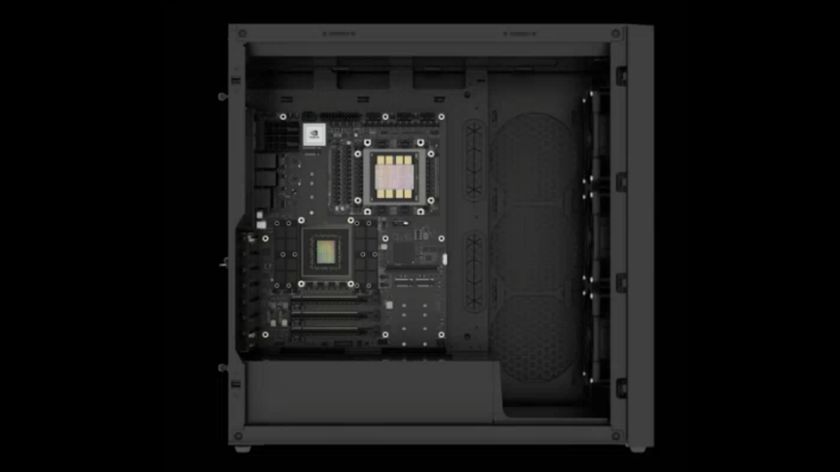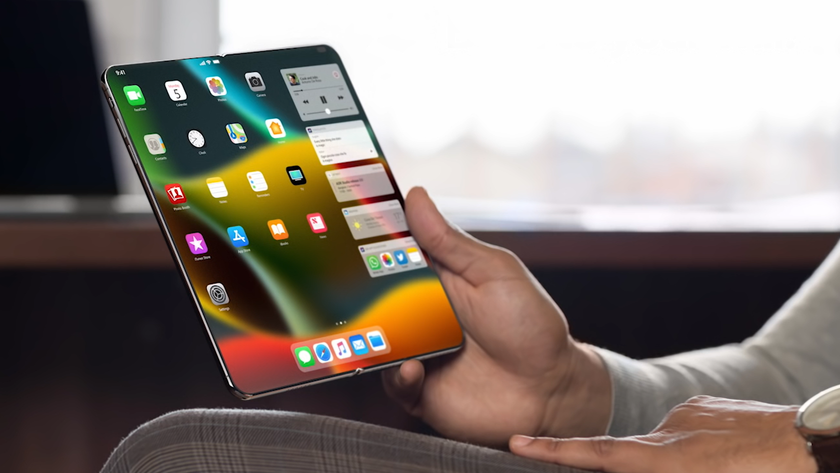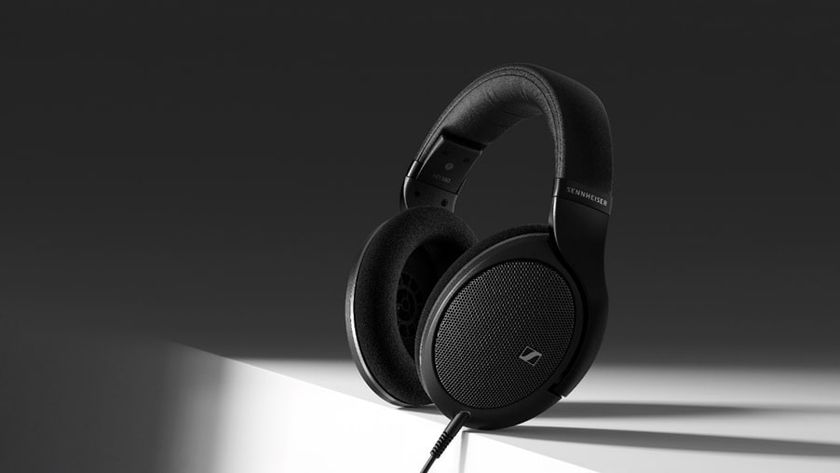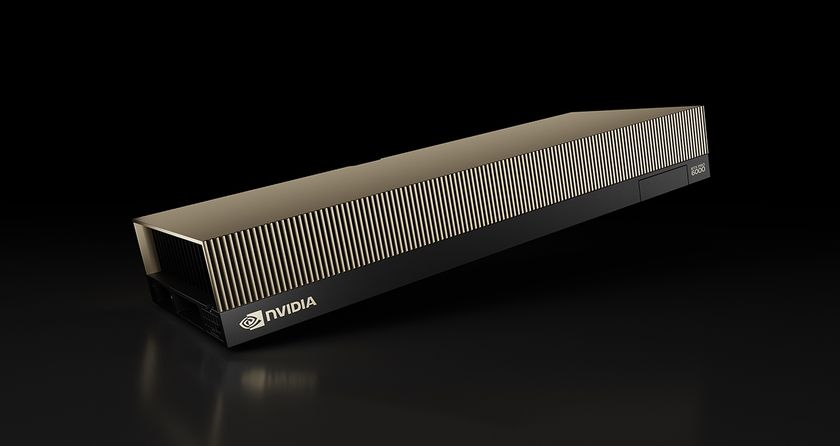New CPUs will only be compatible with Windows 10, says Microsoft
Windows 7, 8.1 are yesterday's news
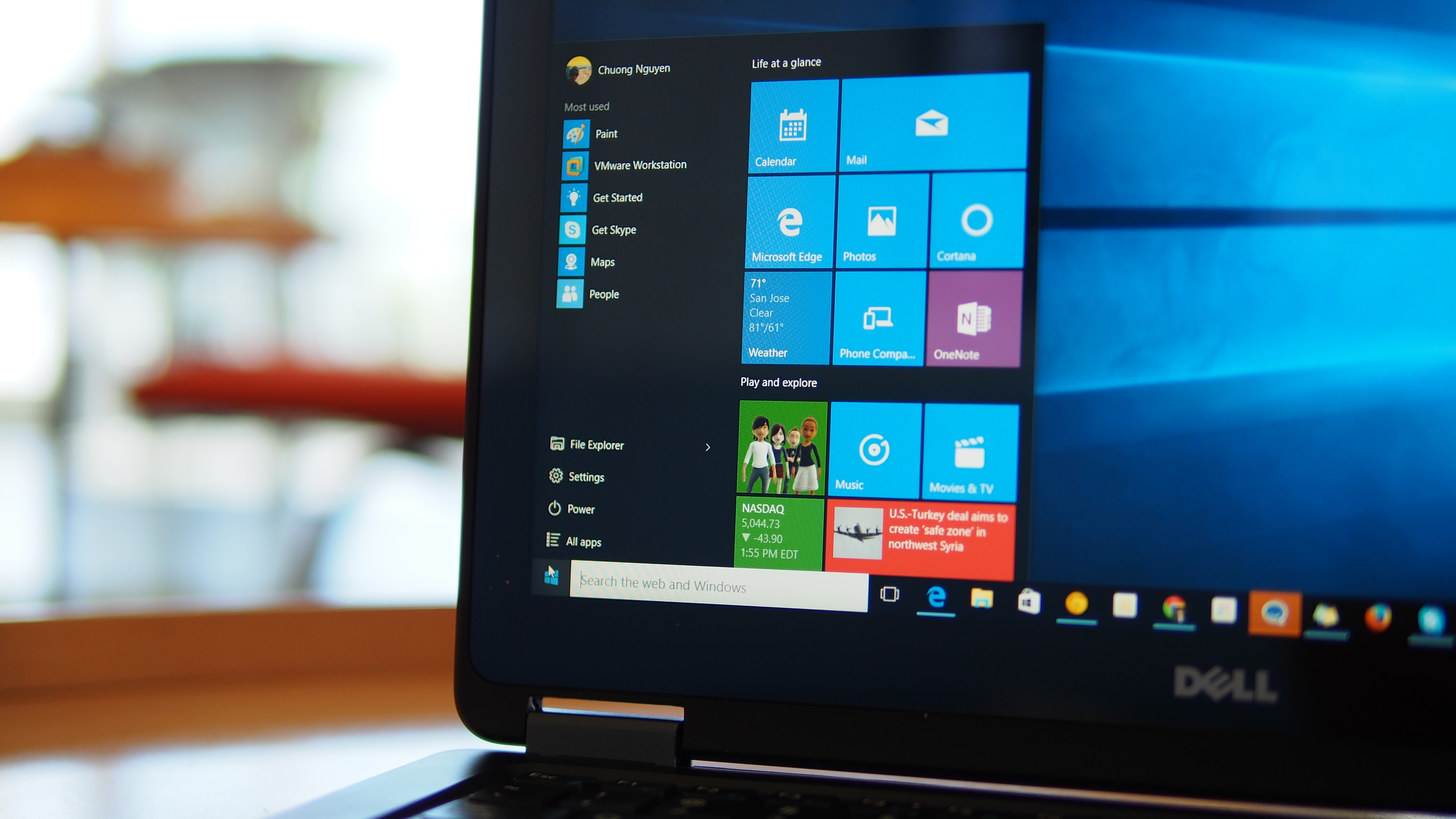
Starting with the current 6th generation Skylake processors, future CPUs are only going to be fully compatible with Windows 10, Microsoft has confirmed. In other words, if you buy a new Windows machine, you run Windows 7 or Windows 8.1 on it at your own risk.
It's all to do with recent advancements in silicon technology and software code, Microsoft says: rewriting the code in older OSes to take advantage of new hardware innovations is apparently too laborious and inefficient at this stage. For Microsoft and its hardware partners, getting everyone on the same page is the ultimate goal.
For users who want a new Skylake machine that's compatible with earlier versions of Windows, Microsoft will be publishing a short list of computers that will be supported until July 2017. If these PCs are not upgraded to Windows 10 before then, only "the most critical security updates" will be released for these devices.
10 is the magic number
That means any Skylake-powered computer running Windows 7 or Windows 8.1 after that date may be exposed to an increasing number of security vulnerabilities - or it may not function correctly at all. "Companies of any size interested in upgrading to Windows 10 should contact their Microsoft technology representative today for assistance," says the blog post.
Windows 7 and Windows 8.1 running on older, pre-Skylake silicon is another matter. Windows 7 machines will get all the crucial "security, reliability and compatibility" updates until January 2020; for Windows 8.1, that date is extended to January 2023. This new announcement only applies to older software on the newest hardware.
"[This move] enables us to focus on deep integration between Windows and the silicon, while maintaining maximum reliability and compatibility with previous generations of platform and silicon," says Microsoft's Terry Myerson. "Compared to Windows 7 PCs, Skylake when combined with Windows 10, enables up to 30x better graphics and 3x the battery life."
Are you a pro? Subscribe to our newsletter
Sign up to the TechRadar Pro newsletter to get all the top news, opinion, features and guidance your business needs to succeed!

Dave is a freelance tech journalist who has been writing about gadgets, apps and the web for more than two decades. Based out of Stockport, England, on TechRadar you'll find him covering news, features and reviews, particularly for phones, tablets and wearables. Working to ensure our breaking news coverage is the best in the business over weekends, David also has bylines at Gizmodo, T3, PopSci and a few other places besides, as well as being many years editing the likes of PC Explorer and The Hardware Handbook.

